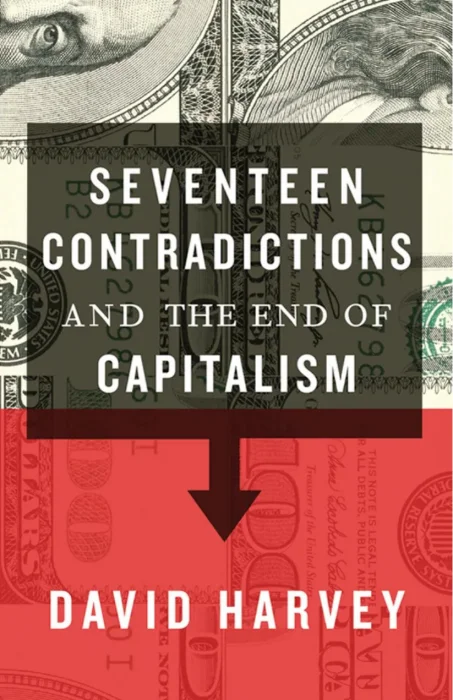Limits: Why Malthus Was Wrong and Why Environmentalists Should Care (Stanford Briefs)

Date: May 25th, 2023
ISBN: 1503611558
Language: English
Number of pages: 168 pages
Format: EPUB
Add favorites
This critical study "artfully explores the power of limits . . . A compelling—and fittingly concise—read for our times" (Kate Raworth, author of Doughnut Economics).
Western culture is infatuated with the dream of endless economic growth, even as it is haunted by the specters of drought, famine, and nuclear winter. How did we come to think of the planet and its limits as we do? This book reclaims, redefines, and makes an impassioned plea for limits—a notion central to environmentalism—clearing them from their association with Malthusianism and the ideology and politics that go along with it.
In Limits, Giorgos Kallis offers a critical reassessment of economist Thomas Robert Malthus and his legacy. He separates the concepts of limits and scarcity, which have long been conflated in both environmental and economic thought. Limits are not a property of nature to be deciphered by scientists, but a choice that confronts us, one that, paradoxically, is part and parcel of the pursuit of freedom.
Taking us from ancient Greece to Malthus, from hunter-gatherers to the Romantics, from anarchist feminists to 1970s radical environmentalists, Limits shows us how an institutionalized culture of sharing can make possible the collective self-limitation we so urgently need.
Western culture is infatuated with the dream of endless economic growth, even as it is haunted by the specters of drought, famine, and nuclear winter. How did we come to think of the planet and its limits as we do? This book reclaims, redefines, and makes an impassioned plea for limits—a notion central to environmentalism—clearing them from their association with Malthusianism and the ideology and politics that go along with it.
In Limits, Giorgos Kallis offers a critical reassessment of economist Thomas Robert Malthus and his legacy. He separates the concepts of limits and scarcity, which have long been conflated in both environmental and economic thought. Limits are not a property of nature to be deciphered by scientists, but a choice that confronts us, one that, paradoxically, is part and parcel of the pursuit of freedom.
Taking us from ancient Greece to Malthus, from hunter-gatherers to the Romantics, from anarchist feminists to 1970s radical environmentalists, Limits shows us how an institutionalized culture of sharing can make possible the collective self-limitation we so urgently need.
Download Limits: Why Malthus Was Wrong and Why Environmentalists Should Care (Stanford Briefs)
Similar books
Information
Users of Guests are not allowed to comment this publication.
Users of Guests are not allowed to comment this publication.




